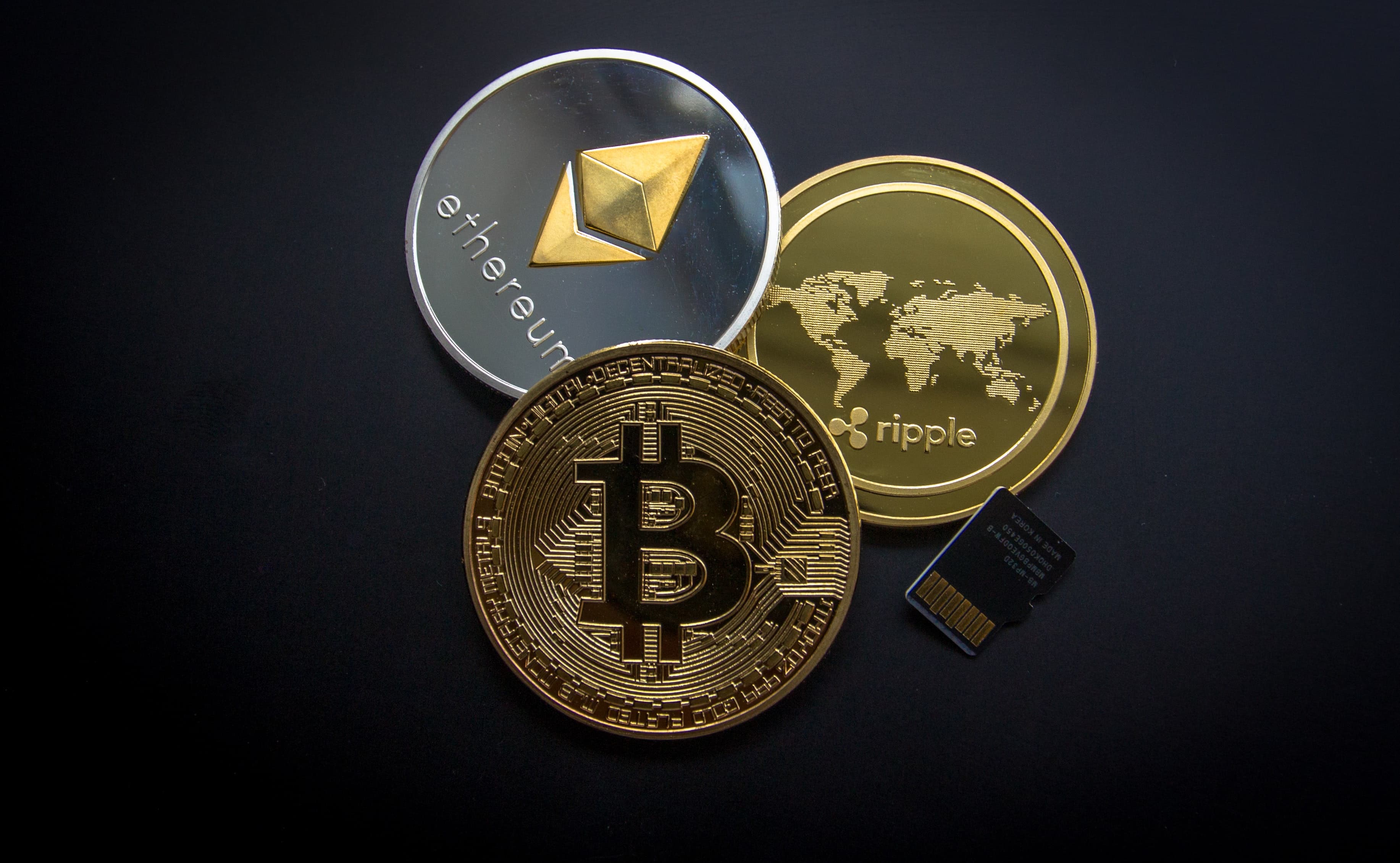What is Cryptocurrency?
Cryptocurrency is a form of digital or virtual currency that uses cryptography for security. Unlike traditional currencies issued by governments (like the U.S. dollar or the euro), cryptocurrencies operate on technology called blockchain, which is a decentralized ledger across a network of computers. The most well-known cryptocurrency is Bitcoin, created in 2009 by an unknown person or group of people using the pseudonym Satoshi Nakamoto. But today, there are thousands of cryptocurrencies with various features and applications.
Cryptocurrencies offer a new way of storing and transferring value that is entirely digital and isn't controlled by any single entity. This offers advantages like lower transaction fees, faster transfer times, and the potential for financial inclusion for people without access to traditional banking systems. But it also comes with risks like volatility, regulatory uncertainty, and the potential for misuse.
Why Are Cryptocurrencies Popular?
The popularity of cryptocurrencies can be attributed to a number of factors. For one, the technology behind it, particularly the blockchain, is seen as innovative and disruptive. Blockchain allows for a decentralized network that is secure and transparent. This is attractive for a variety of applications beyond currency, including supply chain management, voting systems, and digital identification.
Another reason for their popularity is the potential for high returns on investment. The value of cryptocurrencies like Bitcoin and Ethereum has seen remarkable growth over the years, turning early adopters into millionaires (and, in some cases, billionaires). However, it’s important to note that the market is highly volatile and speculative. Therefore, investing in cryptocurrencies carries significant risk.
How Do I Buy and Store Cryptocurrency?
Buying cryptocurrency has become increasingly easy. Numerous cryptocurrency exchanges like Coinbase, Binance, and Kraken offer a platform to buy, sell, and trade cryptocurrencies. All you need to do is create an account, complete some verification steps, and then you can start trading. Payments can often be made via bank transfer, credit card, or other cryptocurrencies.
Once you've bought cryptocurrencies, you'll need a way to store them. This is where cryptocurrency wallets come in. These digital wallets can be hardware-based (physical devices) or software-based (applications or online services). It's crucial to use a reputable wallet and to keep backups of your keys. Losing access to your wallet essentially means you lose your cryptocurrencies.
What Are Smart Contracts?
A smart contract is a self-executing contract with the terms of the agreement directly written into code. They run on blockchain and automatically execute actions when predefined conditions are met, without the need for intermediaries. Originally, the concept was popularized by Ethereum, but many other cryptocurrencies now also support smart contracts.
Smart contracts are used in a variety of applications, from simple transactions like sending and receiving money, to more complex operations like digital identity verification, decentralized finance (DeFi), and even digital voting. The automation and immutability of smart contracts offer increased transparency and security but they are also subject to coding errors and vulnerabilities, so it's important to exercise caution.
Conclusion
Cryptocurrencies offer a groundbreaking and controversial change to the traditional financial systems we are used to. They have the potential to revolutionize many aspects of our lives, from the way we make transactions to how we think about money. However, this is a rapidly evolving space that also carries considerable risks. Always do your own research and consider your own financial situation carefully before getting involved.
